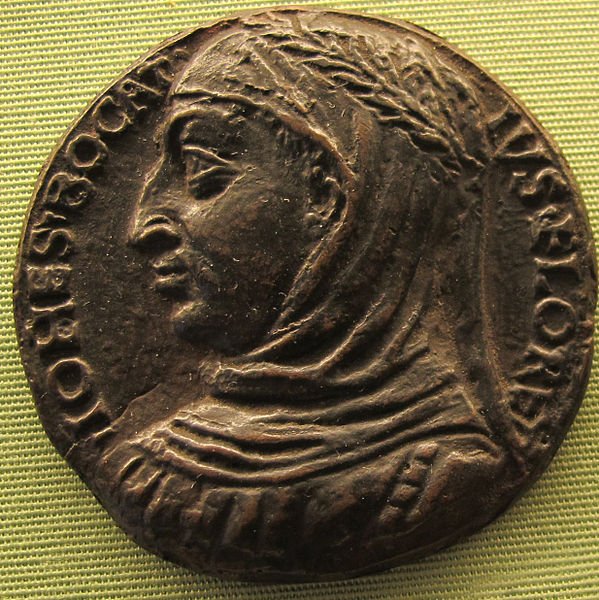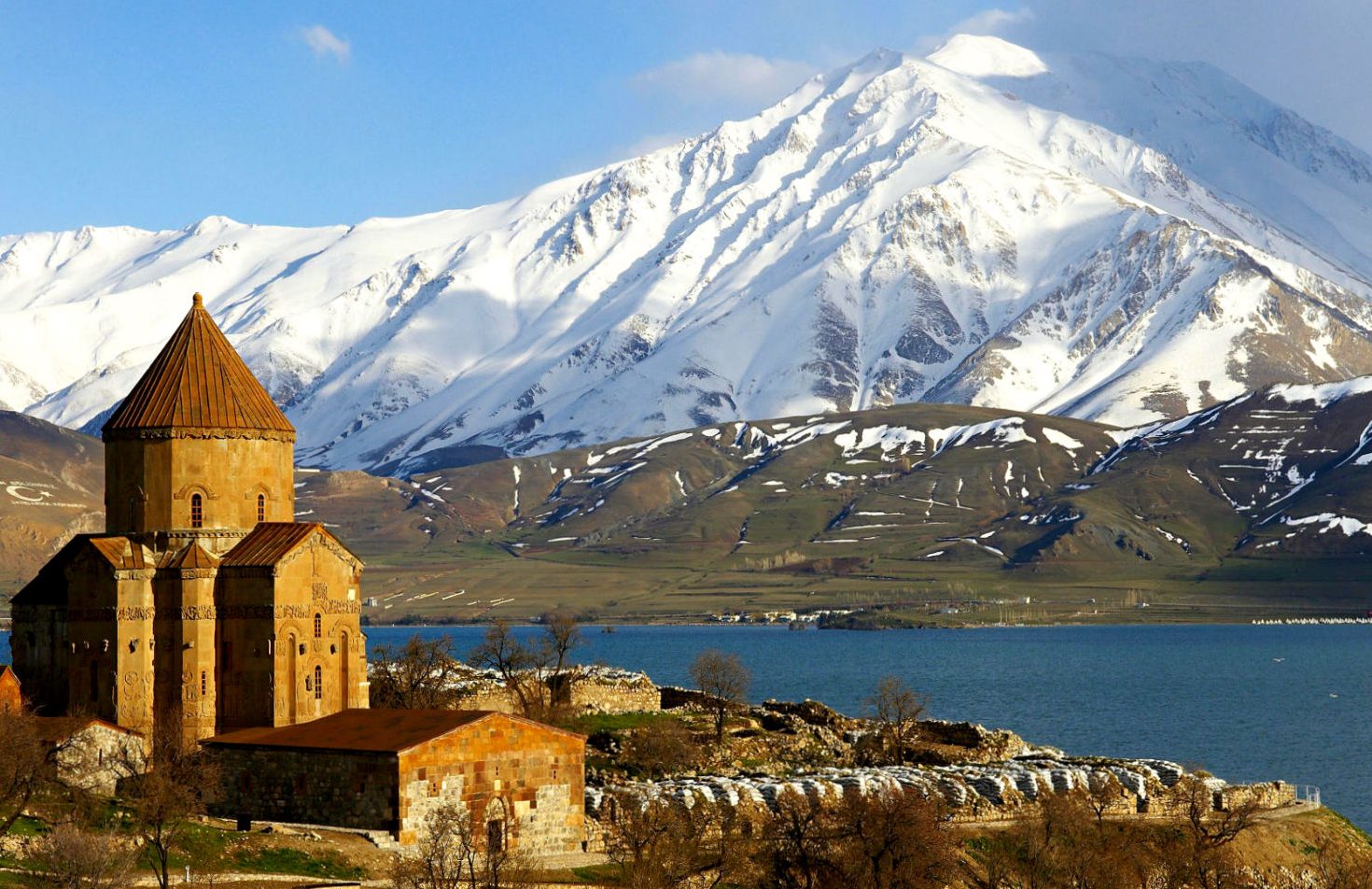Giovanni Boccaccio (1313-1375)
Boccaccio is one of the supreme figures in Italian literature. Great as a reformer of the language, he was at the same time a born teller of tales. He tells us that he wrote stories at the age of seven. He was an enthusiastic traveller and observer of his fellow-men, a scholar, a scientist, and an official of the Florentine state. His most famous book, The Decameron, a collection of a hundred stories, was written soon after the great plague of 1348, which serves as a framework for the telling of the tales. Boccaccio took his material from fables, the histories of Greece and Rome and of the Orient, and occasionally from contemporary life. His best stories have been adapted by Shakespeare and a hundred others in plays, poems, and prose fiction.
The present version is translated by Thomas Roscoe and reprinted from his Italian Novelists, London, no date. The story has no title in the original.
The Falcon
(The Decameron, 5th Day, Novel g)
Coppo Di Borghese Domenichi, who was of our city, and a man of reverence and authority in his day, and from his virtues and manners, much more than from the nobility of his descent, worthy of everlasting remembrance, being now advanced in years, often took pleasure in the narration of past events, to which his retentive memory and pleasing delivery lent an unusual attraction. Among other interesting events he narrated to us that there once lived in Florence a youth called Federigo, son of Messer Philippo Alberighi, who for feats of arms and accomplishments was held in higher esteem than any cavalier of his age in Tuscany.
This young man became deeply enamored of a lady called Monna Giovanna, reputed in her time one of the most beautiful and agreeable women in Florence; and in order to win her affections he gave a succession of tournaments, feasts, and banquets, and spared no expense in his entertainments. But this lady, not less discreet than beautiful, paid no regard to all that was done in her honor, nor condescended to notice the author of it. Federigo, thus spending all his property, and acquiring none in return, was soon stripped of his wealth, and became suddenly impoverished, having nothing now remaining but a small farm, on the produce of which he found a bare subsistence; yet he still retained a favorite falcon, which for her rare qualities was nowhere to be matched.
Read More about Sophistication part 1








